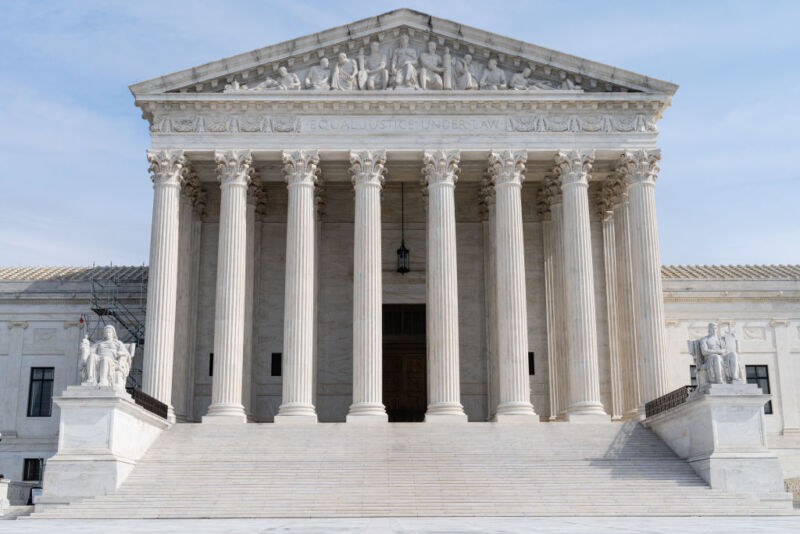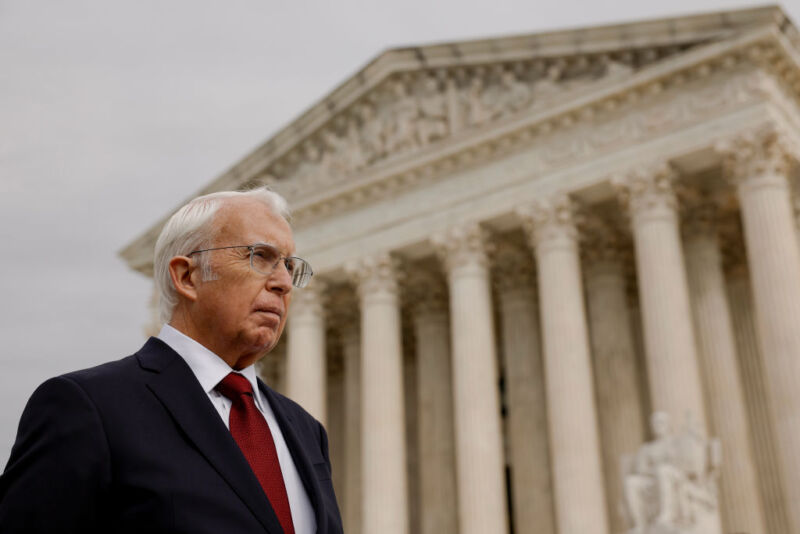-
 chevron_right
chevron_right
SCOTUS spares Section 230, rules Google, Twitter not liable for aiding ISIS
news.movim.eu / ArsTechnica · Thursday, 18 May, 2023 - 19:59 · 1 minute

Enlarge (credit: Bloomberg / Contributor | Bloomberg )
Today the United States Supreme Court quashed tech industry fears that the nation's highest court might ruin the Internet by deciding that platforms should be held liable for recommending third-party content that has long been protected by Section 230 of the Communications Decency Act.
In a pair of rulings, the Supreme Court found that plaintiffs failed to state a claim when arguing that online platforms like YouTube, Twitter, and Facebook should be held liable for aiding and abetting the Islamic State of Iraq and Syria (ISIS) terrorist enterprise by recommending terrorist content ahead of attacks. As a result, both cases, Twitter v. Taamneh and Gonzalez v. Google , have been remanded to a lower court, and at least for now, the Section 230 immunity shield remains fully intact.
Supreme Court Justice Clarence Thomas delivered the opinion in the Twitter case. He concluded that allegations that Facebook, Twitter, and YouTube knew for years that "ISIS was using their platforms but failed to stop it from doing so" were "insufficient"—even without considering Section 230 protections—to establish that the social platforms aided and abetted a specific 2017 terrorist attack on the Reina nightclub in Istanbul, Turkey. That attack, carried out for ISIS by Abdulkadir Masharipov, killed 39 victims and injured another 69.

